If implemented, it would be a historic move to curb one of the world's largest technology companies.
The Justice Department will also ask federal judge Amit Mehta to rule on measures related to artificial intelligence and Google's Android smartphones, as well as data licensing requirements, Bloomberg reported.
If the judge follows through, it could reshape the online search market and the burgeoning AI industry. The lawsuit against Google, filed under Donald Trump’s first administration and continued under Joe Biden, is the most aggressive attempt to rein in a tech company since Washington’s failed attempt to break up Microsoft two decades ago.

(Illustration)
Lee-Anne Mulholland, Google's vice president of legal affairs, said the US Department of Justice "continues to push an agenda that goes beyond legal issues," adding that "government intervention in these ways would harm American consumers, developers, and technology leaders at a time when they are needed most."
The US Justice Department declined to comment.
Google shares fell as much as 1.8% to $172.16 in after-hours trading. The stock has risen 25% this year.
Specific proposals
Antitrust enforcers want a judge to order Google to sell Chrome — the world's most widely used browser — because it is the primary access point for many people to Google's search engine.
If other recommended measures could create a more competitive market, whether Google has to sell Chrome could be decided later.
According to StatCounter, a web traffic analytics service, the Chrome browser controls about 61% of the market in the US.
Judge Mehta ruled in August that Google violated antitrust laws in both the online search and search text advertising markets. The company plans to appeal.
The judge set a two-week hearing in April on what changes Google must make to fix the illegal behavior and plans to issue a final ruling in August 2025.
The agencies unanimously recommended that Google be required to license results and data from its search engine and give websites more options to prevent their content from being used by Google's artificial intelligence products.
The proposals also include Google separating its Android smartphone operating system from its other products, such as its search function and the Google Play mobile app store, which are currently sold in bundles. Google is also proposed to share more information with advertisers and give them more control over where their ads appear.
Google now displays AI-powered answers at the top of its search pages — called “AI Summary.” While sites can opt out of Google using their information to build the AI model, they can’t opt out of the summary because that risks pushing them lower in search results, making it harder for them to reach customers.
Website publishers complained that the feature reduced traffic and advertising dollars because users rarely clicked to see the data used in that summary.
Source


![[Photo] Ho Chi Minh City after 50 years of national reunification through buildings and symbols](https://vstatic.vietnam.vn/vietnam/resource/IMAGE/2025/4/15/a224d0b8e489457f889bdb1eee7fa7b4)
![[Photo] National Assembly Chairman Tran Thanh Man attends the summary of the organization of the Conference of the Executive Committee of the Francophone Parliamentary Union](https://vstatic.vietnam.vn/vietnam/resource/IMAGE/2025/4/15/fe022fef73d0431ab6cfc1570af598ac)

![[Photo] Air Force actively practices for the April 30th celebration](https://vstatic.vietnam.vn/vietnam/resource/IMAGE/2025/4/15/16fdec3e42734691954b853c00a7ce01)
![[Photo] Welcoming ceremony for Prime Minister of the Federal Democratic Republic of Ethiopia Abiy Ahmed Ali and his wife](https://vstatic.vietnam.vn/vietnam/resource/IMAGE/2025/4/15/77c08dcbe52c42e2ac01c322fe86e78b)
![[Photo] General Secretary To Lam meets with veteran revolutionary cadres, meritorious people, and exemplary policy families](https://vstatic.vietnam.vn/vietnam/resource/IMAGE/2025/4/15/7363ba75eb3c4a9e8241b65163176f63)


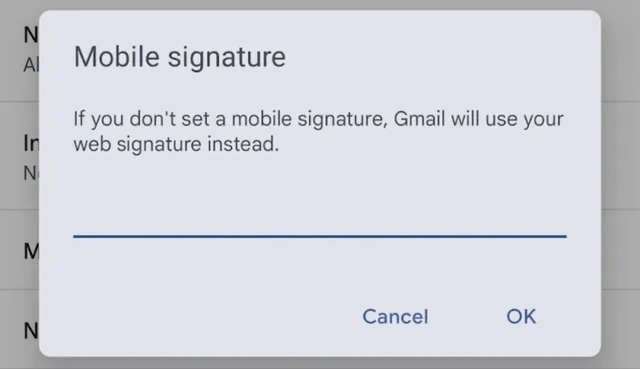

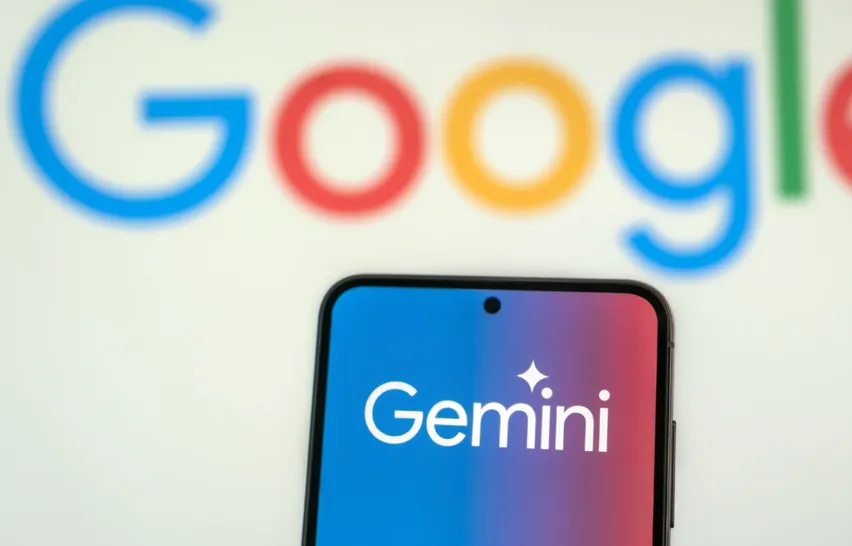

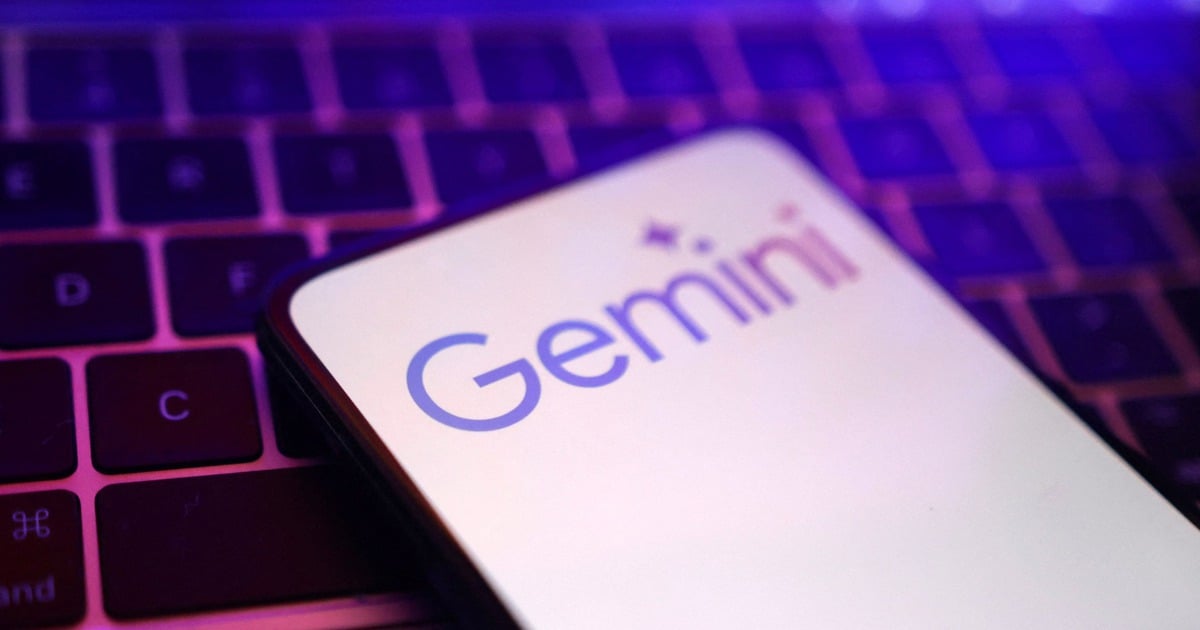

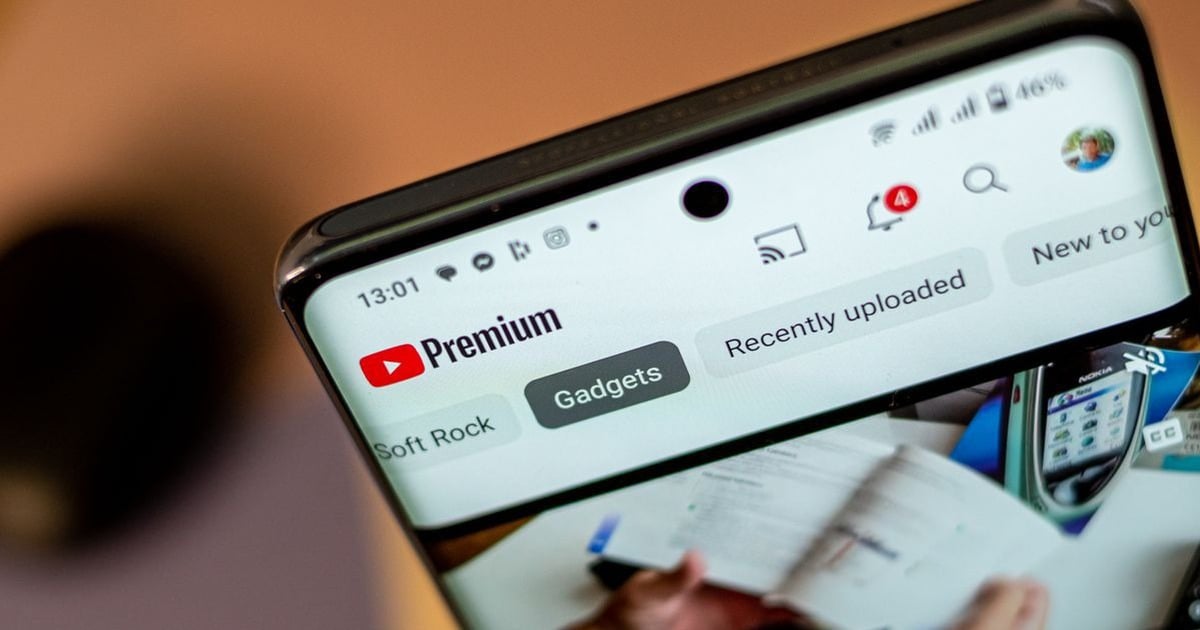




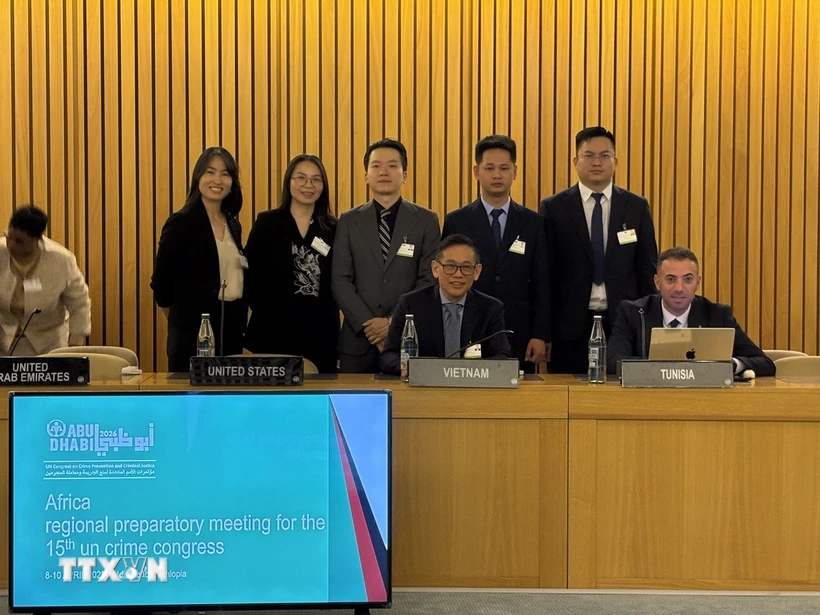



































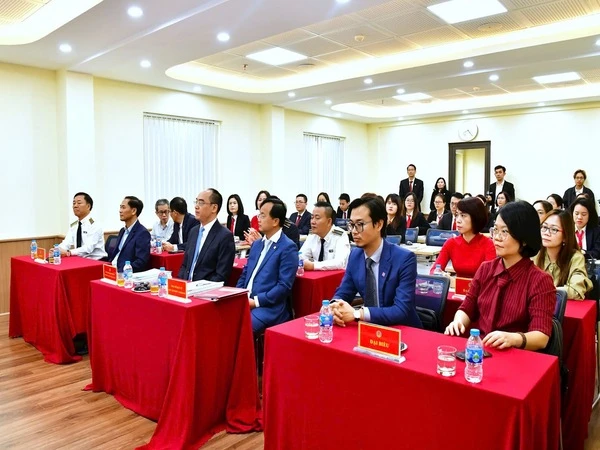

























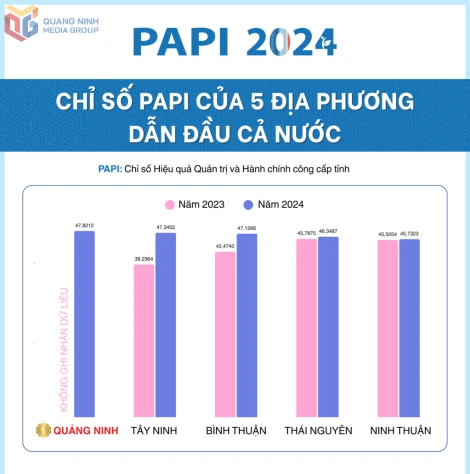












Comment (0)